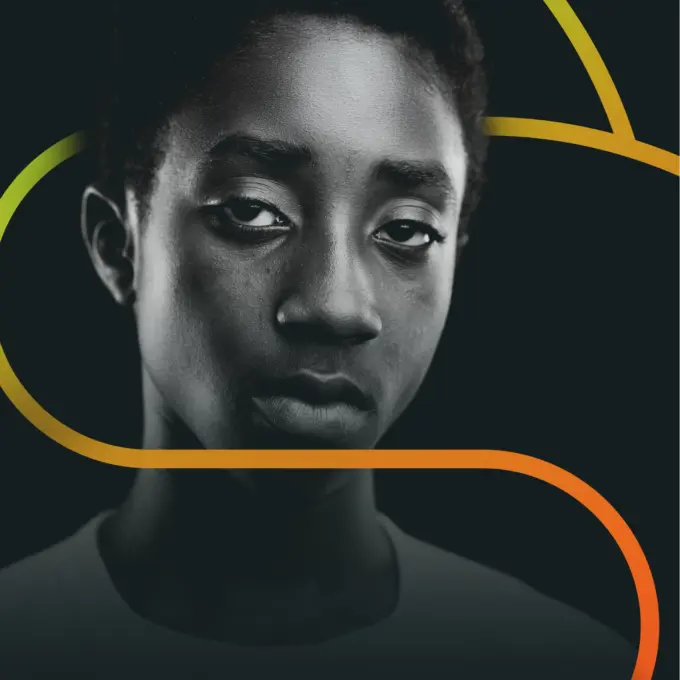
Different Brains: Celebrating Young Londoners Who Do It Differently
If a young Londoner is 'neurodivergent' it means their brain works, learns and processes information differently to how others might expect.
A few examples of neurodiversity include Down Syndrome, Autism Spectrum Disorder, ADHD, OCD and Dyslexia. It is always so important to recognise that no young Londoner has a brain that is ‘wrong’ or ‘faulty’; it might just work differently to other peoples.
26% of the young Londoners we have worked with in the last year are neurodiverse. However, these are only cases where there is a formal diagnosis. Too many neurodiverse young Londoners fall through the net and are either diagnosed too late, or not at all. Misdiagnosis or a failed diagnosis can mean young Londoners don’t get the support they need from statutory services and so in their early years of life they can be at greater risk of abuse, trauma, exploitation and becoming involved in criminal activity as they are repeatedly let down by a system that does not cater to their needs.
Here at Safer London, we see many neurodiverse young Londoners affected by violence and exploitation because they have experienced services that do not take responsibility for their care, and as a result they end up being passed between different services with no real support network.
We believe neurodiversity doesn’t and shouldn’t stop young Londoners from doing what they want to achieve – they just need the right things put in place to help them succeed.
At Safer London, we have expert caseworkers with specialist knowledge of neurodiversity.
In the last 12 months
young Londoners we worked with were neurodiverse
We speak to Lee, Safer London’s Expert Neurodiversity Caseworker and Internal Advisor, about his work with young Londoners who are neurodiverse.
What does a 'typical' session with a young Londoner look like?
I like to keep the first couple sessions quite unstructured so that I can get to know them and find out their likes and dislikes. I find bringing activities along with me to these initial sessions helpful so that we can chat away without it feeling like ‘just another professionals meeting’. I often take paint pens, art equipment, play Connect Four with them, or just let them doodle while I ask them questions about themselves and find out who is important to them in their life. I try to incorporate a peer mapping exercise in these first couple sessions so that I can know who they’re talking about when they mention their family members or friends.
Once we start doing more structured session work, I find out what the specific needs are to that young Londoner and how their neurodiversity could play a part in those needs. Then, we build our sessions around those needs. So, say a young Londoner was having problems when they went to their local youth club, we would chat about ways they could keep themselves safe, how to navigate peer pressure and who they feel safe talking to if things start getting difficult.
I always include time to wrap up the session and spend time talking about what we might like to go over when we next meet, so that they feel and know that they are included in the way our sessions go.
Why is this service so important for the young Londoners you work with?
The young Londoners I work with have neurodiverse needs and they often have adults in their lives only telling them what they’re doing wrong, which can be really harmful. I think the difference with my role is that I advocate for the young Londoner, and I make it very clear to them and other professionals that I’m on the side of the young Londoner. A lot of the time this means I can develop a really positive rapport with them, and they trust me to make good decisions alongside them and with their development in mind.
I get to work with brilliant personalities every day and I can make an actual difference to young Londoner’s lives.
What's the hardest/most challenging thing about your role?
Young Londoners with neurodiversity often already have a lot of professionals already present in their lives by the time I come into the mix, which makes it difficult to cut through the fog and find out what the actual issues are for that young Londoner. They might have a social worker, a SENCO, parents, foster parents, key workers, support from a housing association etc so finding where I fit in can take a bit of work. But this has real positives too! I love connecting the young Londoner’s professional network and using all our skills and resources to create the best support for that young Londoner.
What's your favourite aspect of your role?
No two days are the same! I get to work with brilliant personalities every day and I can make an actual difference to young Londoner’s lives. I find that the young Londoner’s I work with are very appreciative of our work together. It’s really important to me to feel like I’m going to work everyday and making an actual difference.

Young Londoner's voices are at the heart of what we do. Continue reading our blogs to find out more about how we are creating a city that works for young Londoners.
Continue reading our blog
Back to blog